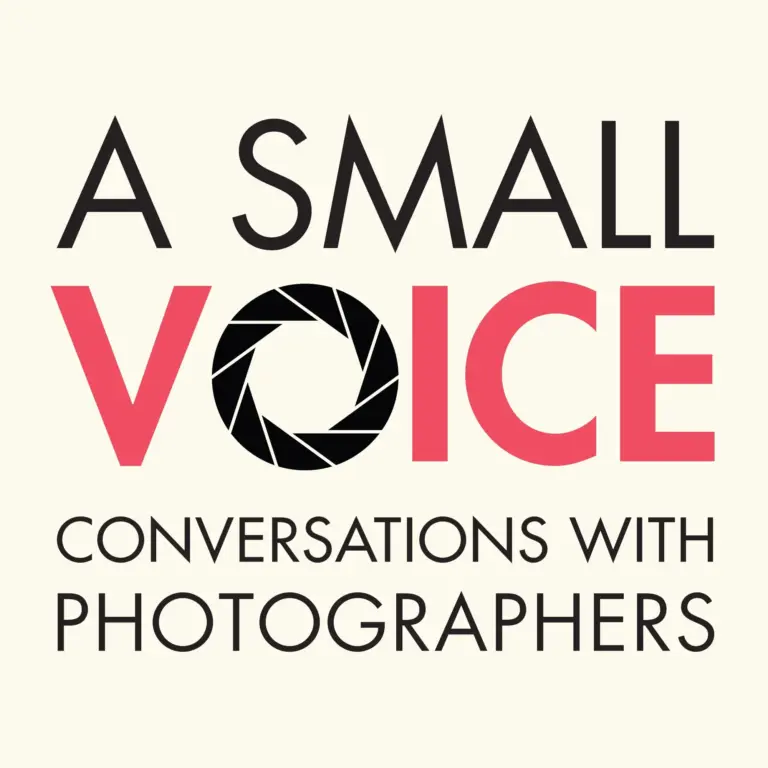
Debi Cornwall is a multimedia documentary artist who returned to visual expression after a 12-year career as a civil-rights lawyer. Her work explores the performance of power, citizenship and identity through still and moving images, sound, testimony, and archival material.
While completing a degree in Modern Culture and Media at Brown University, Debi studied photography at RISD. After working for photographers Mary Ellen Mark and Sylvia Plachy, as an AP stringer, and as an investigator for the federal public defender's office, she attended Harvard Law School and practiced as a wrongful conviction attorney for more than a decade, also training as a mediator. Exhaustive research and negotiation were critical to her advocacy and remain integral to her visual practice.
Debi was awarded the 2023 Prix Elysée, a biennial juried contemporary photography prize created by the Photo Elysée Museum in Lausanne, Switzerland with the support of Parmigiani Fleurier. The award enabled her to complete Model Citizens, now a book in English and French editions (Radius/Textuel) and an exhibition at the 2024 Rencontres d'Arles festival. She is also a 2024 New York State Council on the Arts (NYSCA) Individual Artist Grantee in film, a 2019 NYSCA/NYFA Artist Fellow in photography, and inaugural Leica Women Foto Project Award winner. Debi’s work has been profiled in publications including Art in America, European Photography Magazine, British Journal of Photography, the New York Times Magazine, and Hyperallergic, and is held in public and private collections around the world.
Debi has published two previous books, Welcome to Camp America: Inside Guantánamo Bay and Necessary Fictions. She is also an ICP faculty member, teaching students how to plumb deeper layers in their work, and consults independently with artists developing long-term projects.
In episode 235, Debi discusses, among other things:
- Winning the Prix Elysée
- Her path into a legal career in civil rights
- The ightbulb moment that took her to Guantanamo Bay
- Working around restrictions imposed
- “The performance of American power”
- Her secoond book Necessary Fictions
- Her films Pineland/Hollywood and Jade Helm
- Her latest book Model Citizens
“I don’t think it’s a thread in the work so much as something that I’m really sitting with personally and creatively, but I have this advocate self who is outraged and frustrated at what is happening in our societies. And I have a trained mediator in me, which is more consistent with my creative approach, who thinks none of this changes unless we can really talk to each other across these divides; unless we can accept each other’s humanity and hear each other. Because that isn’t happening.”
- Become a full tier 1 member here to access exclusive additional subscriber-only content and the full archive of previous episodes for £5 per month.
- For the tier 2 archive-only membership, to access the full library of past episodes for £3 per month, go here.
- Subscribe to my weekly newsletter here for everything A Small Voice related and much more besides.
- Follow me on Instagram here.
- Build Yourself a Squarespace Website video course here.